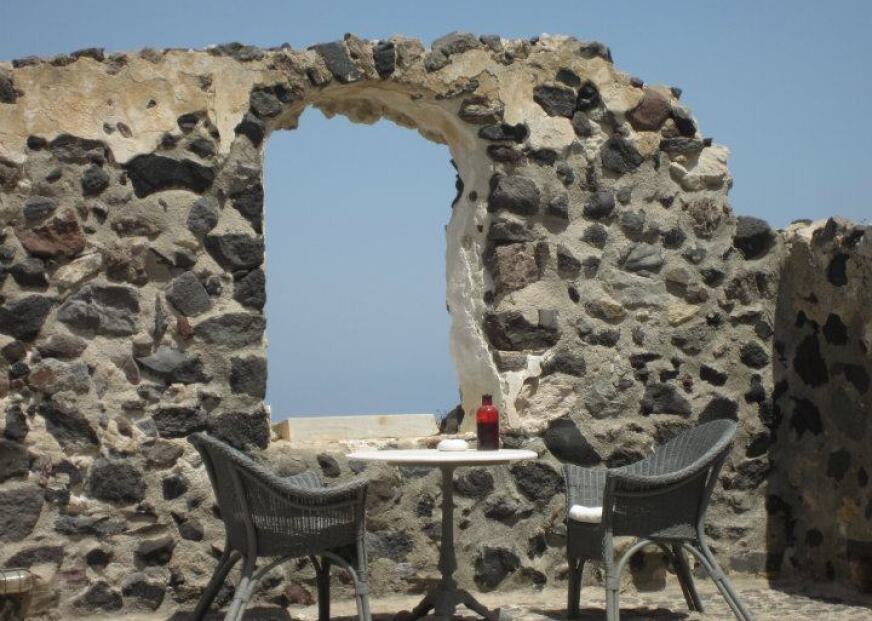3 MIN
TRAVEL TIPS
A TOURIST IN GREECE: GESTURES ON THE MOVE

Thanks to the immersion programs, I have been able to understand the language through semiotics much more. Similarly, I have also adopted some of the most typical Greek gestures – which sometimes I use unconsciously in my home country - as part of my learning process.
The Greek semiotic body language cannot be totally understood if there is not any kind of language immersion. Besides, Greeks highly value it every time I say some words in their language as shown by their warm reaction. Just a simple καλημέρα! /kalimera/ (good morning!) makes their day.
However, be careful with body language! Why? You’ll see…

The most common type of cultural clash based on body language can be perceived in the way tourists want to stop a taxi, which is different across cultures. In Athens, for example, the tourist would raise the arm with the hand extended in most cases.
However, this is a very common gesture used by Greeks, known as moutza: presenting your hand, fingers extended palm facing outward. This is considered to be a very rude and insulting gesture to show disapproval. So, the taxi will never stop if you keep doing it!
It is commonly used by drivers when they get upset. Beware if you want to show number five with the hand, you should always do it inwards (with the palm of your hand towards your face). If the gesture is done outwards, it can be misconstrued for a moutza.
Similarly, Greeks, as the Balkans, may tilt their heads upwards and downwards just once to nod when they want to say “no”. This gesture would actually mean “yes” in a great deal of countries. This is one of the most curious gestures seen by tourists and they typically think: Does he/she mean ‘yes’ or ‘no’? And after a few seconds they realize that the person is actually saying “no”.

Very few tourists travel to Greece because of the expressive non-verbal communication of the population, which is worth analyzing. Their body language is more complex than it really seems.
The gestures are kind of peculiar and differ from other Mediterranean countries such as Spain or Italy.
For this reason, many tourists may be unaware of this issue and surprised by it through various misunderstandings. Without knowledge of Greek non-verbal ways of communicating a lot of information may be “lost in translation”.
Article by Javier Cañas Villarreal
English professor at Formatic Barcelona School for Higher University Studies, Barcelona, Spain.
Online English teacher at Universitat Oberta de Catalunya


